The “somewhat artificial in composition” princely state of Jammu and Kashmir came into existence in 1846 when the British sold most of the area included in the state to Gulab Singh for Rs 75 lakhs. In 1947, the then Maharaja of the state, with the support of the ethnic Kashmiri Muslim leader Sheikh Abdullah, decided to join India rather than Pakistan. The price that Abdullah successfully extracted from Pandit Nehru for this decision was the holding of a plebiscite and inclusion of Article 370 in the Indian constitution. These two steps, among many others, converted the state into a virtual Sheikhdom of the Abdullahs and ethnic Kashmiri Muslims.
In 1956, India was reorganised on a linguistic basis and all erstwhile princely states ceased to exist. Had the same principle been extended to J&K, it would have been reorganised into at least three states/union territories: Kashmiri speaking Kashmir Valley, Dogri, Rajasthani and Punjabi speaking Jammu, and Ladakh. But this was not done because such a reorganisation would have also been broadly along religious lines and, most significantly, left just the tiny Kashmir Valley under the control of Kashmiri Muslims who have nothing in common with people living in other parts of the only remaining unnatural state of India.
Paradoxically, Pakistan did exactly the opposite, giving precedence to ethnicity over religion to completely reshape the portion of the state that it had captured in 1948, and slice it surgically
into three parts. The 72,496 sq km Gilgit-Baltistan area, the largest part of the state that was always administered directly by Pakistan, was was officially granted full autonomy in 2009. It is not a part of the original state. In 1963, Pakistan also unilaterally ceded the 5,800 sq km Shaksgam tract to China.
What Pakistan now calls Azad Kashmir (AK) is a narrow 13,297 sq km strip that is 400 km long, with a width varying from 16 to 64 km. What is extremely significant is that AK has
99 per cent ethnic Punjabi population comprising of Gujjars, Rajputs, Jats etc. These people have no linguistic, cultural or genetic affinity to the few ethnic Kashmiris, who are of Dardic origin, living there or in the Valley. AK, therefore, has as little claim to being called part of Kashmir as the parts that Pakistan has severed from the part of the original state under its control. It takes little intelligence to deduce that Pakistan has chosen to name this tiny tract Azad Kashmir only so that it can use it to pursue its claim over the part of the original princely state of Jammu and Kashmir that is with India.

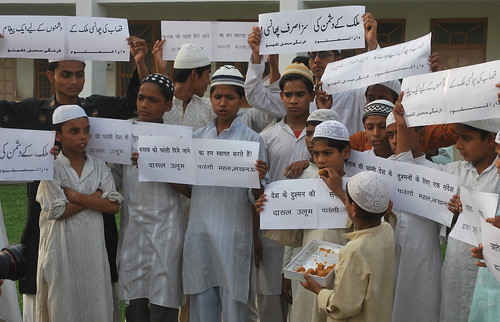



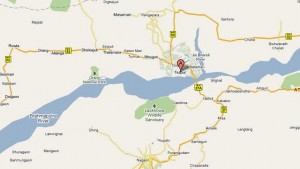
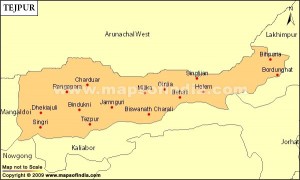

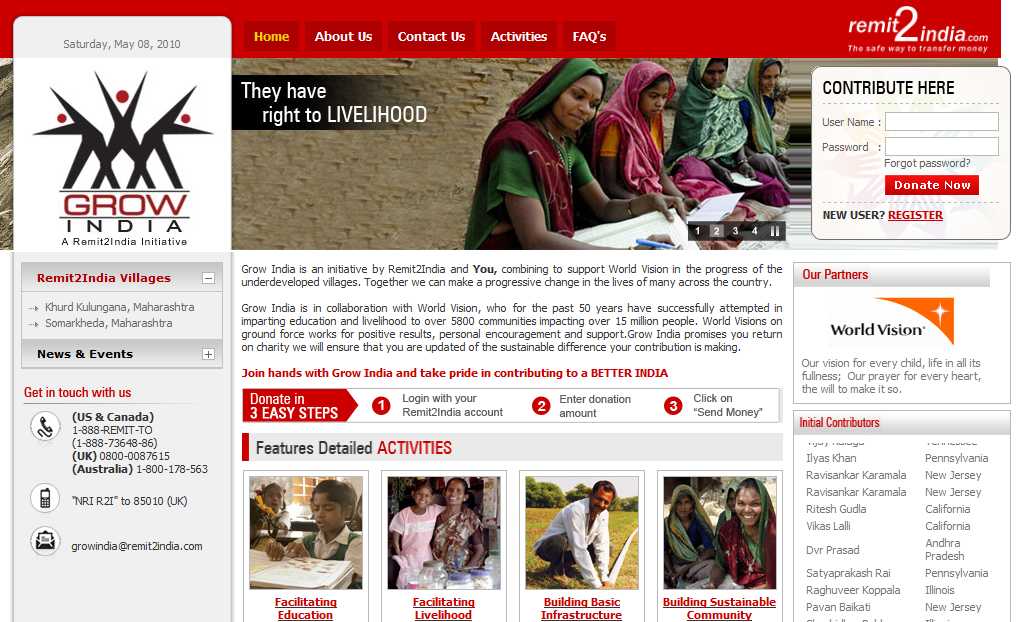
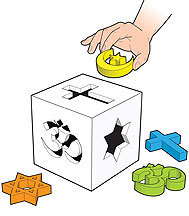
Hindus need to realise that they are the only ones who believe in this non-existent “sarva dharma samabhava”. Other religions laugh at us for our glib acceptance of this non-existent ideal ! Jihadis keep coming to India from its “neighbours” to convert us by force. Money keeps pouring in from the Middle East, Europe and USA to convert us by coersion. Yet, our leaders keep exhorting us to believe in “equality of religions”, time after time, bomb after bomb, murder after murder.
Read the rest of the article on http://www.pushti-marg.net/bhagwat/equality-r.htm